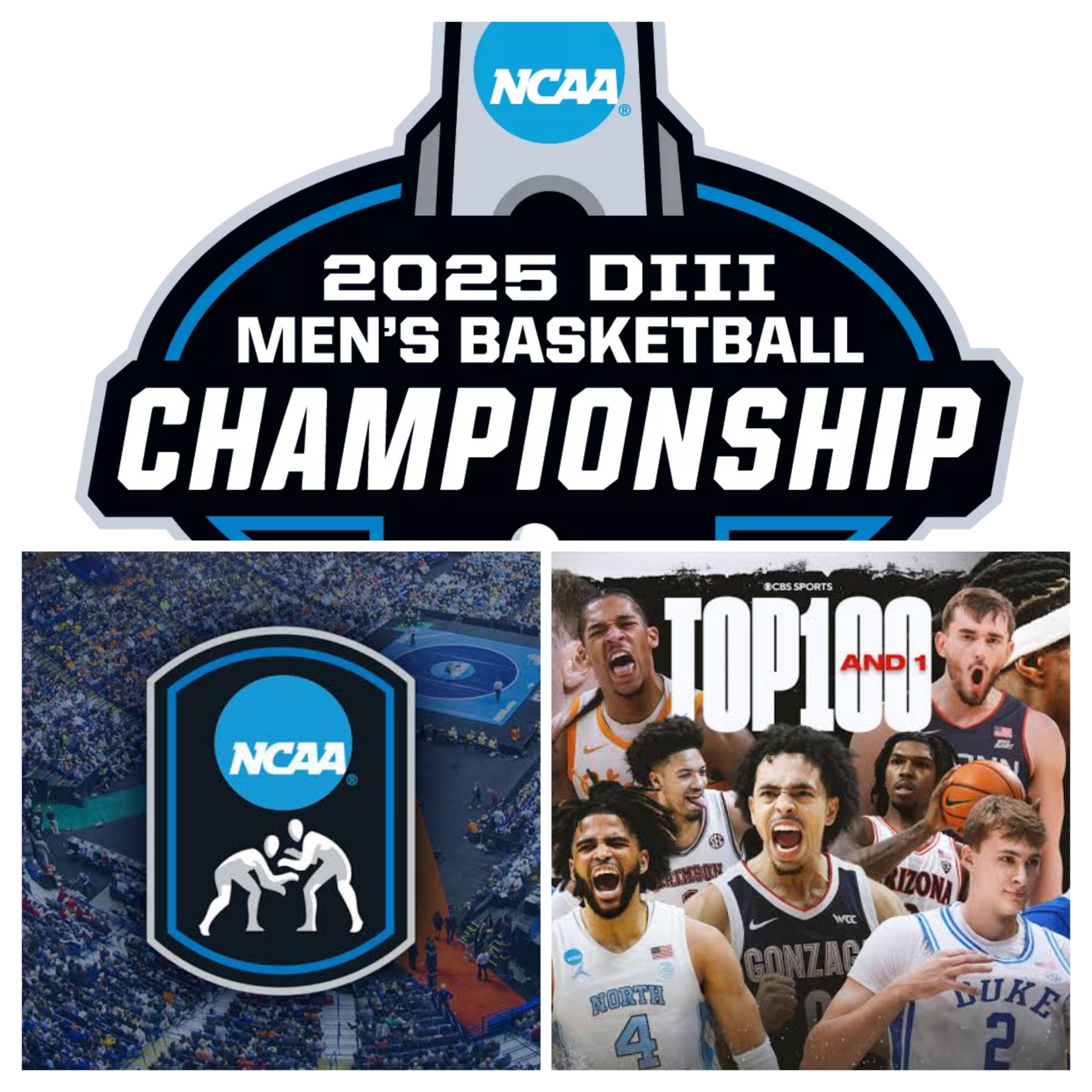In a bombshell revelation that has sent shockwaves through the world of college basketball, over 30 players from seven different NCAA Division I programs have been implicated in a massive point-shaving scandal. Authorities allege the athletes conspired with organized gambling rings to manipulate game outcomes during the 2024–2025 season.
Federal prosecutors announced the findings during a press conference in New York City, detailing months of covert investigation, wiretaps, and surveillance that uncovered the scheme. The investigation, code-named “Operation Full Court Press,” is being called one of the largest corruption scandals in NCAA history.
According to the FBI, players were paid thousands of dollars to subtly influence the outcome of games by ensuring their teams either won or lost by certain margins. In many cases, players intentionally missed free throws, committed avoidable turnovers, or underperformed during key moments to ensure the spread was met.
The implicated schools span across several conferences, including two programs that had been ranked in the top 25 nationally. Though the names of all schools have not yet been released, sources confirm that programs from the Big Ten, SEC, and Pac-12 are involved. NCAA President Mark Emmert called the situation “a betrayal of the sport.”
“This scandal strikes at the core of collegiate sports,” Emmert said. “The integrity of the game has been compromised, and we will take every measure necessary to ensure justice is served and trust is restored.”
Investigators believe the operation was orchestrated by a nationwide illegal betting syndicate, with connections to both domestic and international gambling markets. The ringleader, a known figure in underground sports betting, was arrested in Las Vegas just hours before the announcement went public.
Most alarming to officials was how easily student-athletes were lured into the scheme. Many players cited financial pressure, lack of NIL (Name, Image, Likeness) opportunities, and promises of future favors as reasons for their involvement. Some players reportedly received up to $10,000 per fixed game.
Reactions across the college basketball community have been swift and emotional. Several coaches expressed shock and disappointment, while others demanded increased oversight and support systems for athletes. “We need to protect our kids from predators,” said one Pac-12 coach. “The system is broken.”
As the news broke, fans and sports analysts began poring over box scores and footage from recent games, speculating about moments that may have been manipulated. Online forums exploded with conspiracy theories, while betting platforms saw a sudden spike in withdrawal activity and frozen accounts.
The NCAA has already launched its own internal investigation, and immediate suspensions have been issued for several players. Some universities may face postseason bans or scholarship reductions depending on the findings of the ongoing probe.
Meanwhile, legal analysts say the consequences for those involved could be severe. Point-shaving is a federal crime, and many players could face charges including conspiracy, wire fraud, and sports bribery. If convicted, they could serve significant prison time and be barred from any professional play.
As college basketball prepares for March Madness, the tournament’s future now hangs in a cloud of uncertainty. What was shaping up to be a historic season may instead be remembered as the year when the game’s heart was broken. For the athletes, coaches, and fans who love the sport, one thing is clear: college basketball may never be the same again.




























